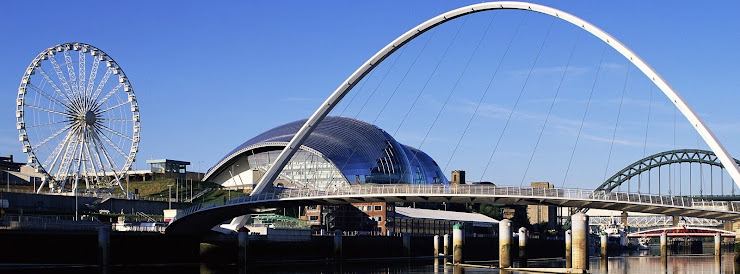- The dialectical and materialist concept of history — Humankind's history is fundamentally that of the struggle between social classes. The productive capacity of society is the foundation of society, and as this capacity increases over time the social relations of production, class relations, evolve through this struggle of the classes and pass through definite stages (primitive communism, slavery, feudalism, capitalism). The legal, political, ideological and other aspects (e.g. art) of society are derived from these production relations as is the consciousness of the individuals of which the society is composed.
- The critique of capitalism — Marx argues that in capitalist society, an economic minority (the bourgeoisie) dominate and exploit the working class (proletariat) majority. Marx argues that capitalism is exploitative, specifically the way in which unpaid labor (surplus value) is extracted from the working class (the labor theory of value), extending and critiquing the work of earlier political economists on value. He argued that while the production process is socialized, ownership remains in the hands of the bourgeoisie. This forms the fundamental contradiction of capitalist society. Without the elimination of the fetter of the private ownership of the means of production, human society is unable to achieve further development.
- Advocacy of proletarian revolution — In order to overcome the fetters of private property the working class must seize political power internationally through a social revolution and expropriate the capitalist classes around the world and place the productive capacities of society into collective ownership. Upon this, material foundation classes would be abolished and the material basis for all forms of inequality between humankind would dissolve.
'Class consciousness' has been criticized by many social theorists, economists and politicians as unreal, Utopian and pseudo-scientific. They argue that the increase in the possibility of social mobility has made class less meaningful.
There often are conflicts among objective economic interests within a Marxian class- e.g. among workers. Conflicts occur over migration, international trade, religion or race. And workers often have objective interests in common with capitalists and in conflict with the interests of other groups of workers. Class membership is less decisive than culture in determining one's political views. The distinctive point of Marxian theory is that class membership is decisive in determining most and particularly political actions. This is patently wrong.
Before World War I, Marxist theory said that if Europe ever erupted in war, the working classes in every European country would rise in revolt, overthrow their governments and create a new Communist Europe. But when war broke out in the summer of 1914, that didn't happen. Instead, the workers in every European country lined up by the millions to fight their country's enemies. Finally, in 1917, a Communist revolution did occur, in Russia. But attempts to spread that revolution to other countries failed because the workers did not support it.
After World War I ended in 1918, Marxist theorists had to ask themselves the question: What went wrong? As good Marxists, they could not admit Marxist theory had been incorrect. Instead, two leading Marxist intellectuals, Antonio Gramsci in Italy and Georg Lukacs in
Hungary independently came up with the same answer. They said that Western culture had so blinded the working class to its true, Marxist class interests, that a Communist revolution was impossible in the West, until both could be destroyed.
The name may have changed, but the technique’s the same. Political Correctness has but one primary purpose; to end debate before it starts. To criticise immigration makes you an instant racist – so best you don’t criticise it. To criticise an all-female candidate list makes you a sexist – so best you don’t criticise it. To criticise fanatical Islam makes you an Islamaphobe – so you’d best keep your mouth shut about that too! In this way you remain trapped in your ‘psychic iron cage’. Get the picture? You won’t get promoted at work if you fall foul of their ‘equality in the workplace’ legislation – so just keep your mouth shut, and question nothing your political masters do.
Political correctness and multiculturalism have been a disaster for the indigenous white working classes, but then they were never meant to be anything else. What is a disaster for us, is a plan working exactly as it was designed to work by the political Marxist elite. The whole point of it was to break us asunder and crack our resistance. Non-white immigration, or any other immigration for that matter, wasn’t encouraged for the betterment of Britain, it was encouraged for the betterment of International Marxism – or Globalisation, as its engineers prefer to call it. And the fact that the movement has since been hi-jacked by the ‘Corporates’ behind the ‘left’s’ back is of no consolation to us – it’s as damaging no matter who’s now running the show!



